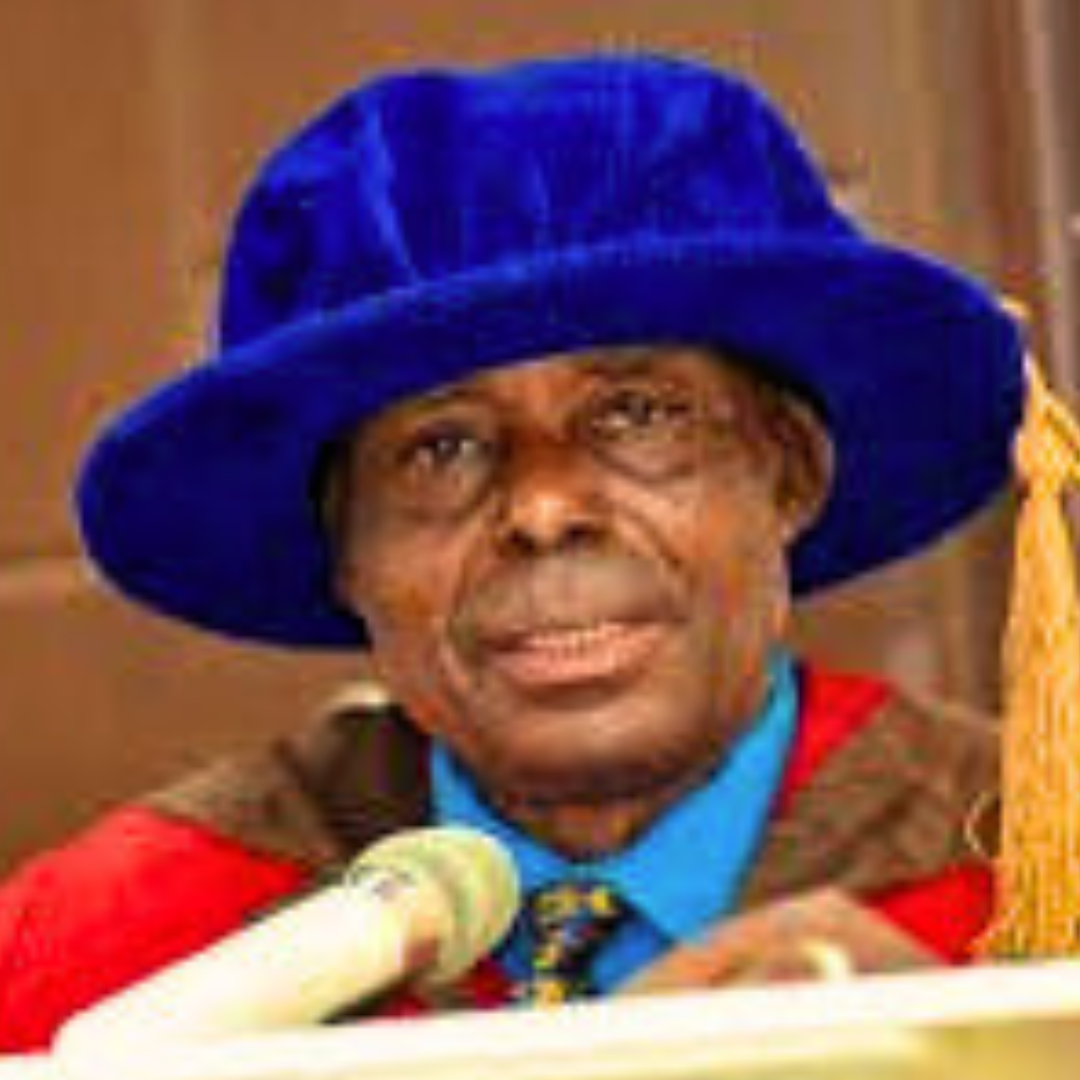
RELIGIOUSNESS AND FAKE RELIGIOSITY
The world is full of pretence, and human beings are fond of wearing different masks to different places on different occasions. We wear one mask to the office, another to a party or drinking parlour, another to the school, and yet another to the Church or worship centre.
The only place where the mask is completely dropped is in the privacy of our rooms, or in the toilet or bathroom, where we are reduced to our barest essence, and we have no one to deceive but ourselves.
Easily, the most vulnerable platform for deception or self-deception is religion. To be deceived is one thing; but to deceive oneself smacks of sheer folly or stupidity, like the ostrich which tries to hide from approaching danger by burying its head in the sand, believing it is no longer visible to the danger, when it has merely become an easy target. This is what makes all the difference between religiousness and fake religiosity.
While religiousness is the act of being religious, exercising strong belief or faith in the tenets of a particular religion. Fake religiosity is sheer hypocrisy; an outward display of pretentious religiousness. The Nigerian religious landscape has been taken over by false piety and self-deception.
In one of his earliest comedies, The Trials of Brother Jero, Wole Soyinka, the first African to win the Nobel Prize for Literature in 1986, portrays a hypocritical prophet by name Jeroboam, or Brother Jero, for short. Like the fake prophets in Nigeria’s socio-political scene of the 1960s and 1970s, who used the Lagos bar beach as the setting of their fake miracles, Brother Jero wears the pretentious garb of a miracle-working prophet while secretly committing atrocities against members of his congregation.
Soon enough, his cup is full and nemesis catches up with him as he is exposed for who he is and narrowly escapes being lynched by an irate worshipper.
The play must have derived inspiration from Tartuffe, a play by Molière, a seventeenth-century French comedian, whose feigning eponymous hero, Tartuffe, deceives his benevolent host until he is caught in the licentious act of trying to seduce the wife of his host and he was arrested and humiliated by the king.
Unlike many modern prophets, most of the prophets of old, such as Stephen, John the Baptist, Samuel, Moses, Isaiah, Ezekiel, Jonah, Jeremiah, and so on - were honest, forthright, and courageous, telling truth to power, hearing directly from God, and sometimes entering into a pact with Him.
Away from literary portraits, the phenomenon of fake prophets and religious hypocrisy has been on the rise in Africa, most especially in Nigeria, where there are more Churches than dwelling houses, and hardly no factories or industries, resulting in too an unacceptable level of unemployment. Our youths thus pray endlessly for non-existent jobs without our governments making any efforts to create them. How, on earth, can such prayers be answered?
The failure of governance is responsible for the heavy influx of men and women into our Churches to pray for the social amenities - regular light, potable water, motorable roads, affordable health care, quality education, and so on - which are the fundamental responsibilities of government.
Women, in particular, tend to flock to worship centres in greater numbers than men because they are usually confronted with more domestic and social crises than their male counterparts, and are always seeking miraculous solutions to their physical and psychological problems.
Rape, barrenness, domestic violence, female genital mutilation, and gender discrimination, are some of the problems peculiar to women, which drive them to Churches and Mosques, and even to traditional worship centres.
Desperation makes many men and women fall victim to fake pastors and prophets performing magic in the name of miracles.
As Christ Himself has warned, “…false Christs and false prophets will rise up, and they will present signs and wonders, so as to lead astray, if it were possible, even the elect. Therefore, you must take heed. Behold, I have foretold all to you” (Mark 13:22-23).
Religious hypocrisy manifests at both individual and group levels, often as a matter of self-deceit or self-delusion. While it is possible to deceive one another, it is never possible to deceive God who knows all and sees all.
God, who created us, has the capacity to compel us to worship him if He so desires; but He has endowed us with the free will to take independent decisions.
God does not need us to remain God; our failure to worship Him or believe in Him does not have any reductionist impact on Him.
Unlike animals governed purely by instinct, the human being has been endowed with the faculty to choose, for which they take ultimate responsibility.
This makes it easy for God to separate the chaff from the grain; to sort out the non-believers from the believers and to reward those who are genuinely committed to serving Him, at the end of time.
Yet, God loves us for who and what we are, and blesses us abundantly, in spite of ourselves. False piety or true piety proceeds from either the illusion of reality or natural instincts.
Realism is when we put up appearances and hide behind the deceit and illusion of real life; naturalism is when we act true to our nature, exhibiting our natural feelings and inclinations. That underscores the distinction between religiousness and fake religiosity.
In real life, many of us spend the entire week performing all forms of evil and atrocities but decide to devote Sunday to acts of ostensible purity and holiness.
Such indulgence in double-faced treachery is an act of self-deception and religious hypocrisy in the highest sense, implying the simultaneous worship of God and Mammon, in a vain attempt to serve two masters.
It is more honourable to be what we are, rather than pretend to be what we are not, for we deceive no one but ourselves.



Leave a Comment